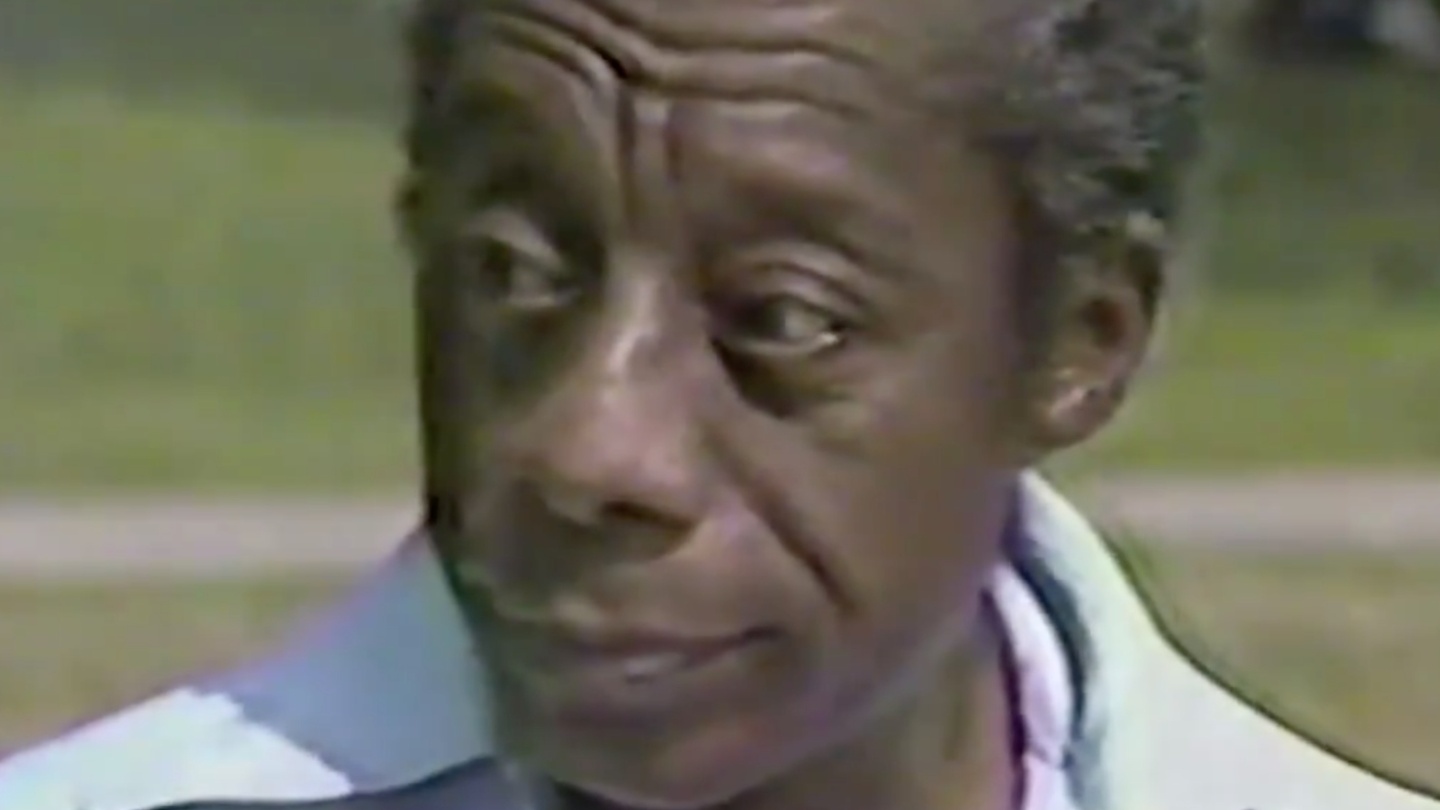President Donald Trump authorized an airstrike assassination on Iran’s top general Qassem Soleimani on January 3. To the general public, the news came with no warning as Trump ordered the attack without congressional approval.
Many of us were, and still are, scratching our heads trying to understand the motivation behind this obvious potential act of war. According to CNN, U.S. justification for killing Iran's top general is ever evolving. Trump officials said that the strike was meant to head off an imminent attack on Americans.
“At the direction of the President, the U.S. military has taken decisive defensive action to protect U.S. personnel abroad by killing Qasem Soleimani,” read a statement from the Department of Defense.
But Trump has also asserted that he was motivated by revenge for the death of an American contractor at an Iraqi military base. Like many of Trump’s moves, it’s hard to determine what the true intent was. Was this a precautionary measure for national security or the killing of a country’s general because of political strategy? The upcoming elections and Trump's desire to win at all cost adds additional food for thought.
Of course, nothing is new under the sun.
In a 1980 sit down between prolific writer and activist James Baldwin, interviewer Listervelt Middleton asked Baldwin what he thought the position of Black Americans on the United States' involvement in Iran. His commentary from forty years ago sounds eerily similar to today.
In 1988, the Iran-Iraq War, which the U.S. involved itself in, marking the nation's first war with Iran, came to an end.
Eerie in the archives as this reporter asks James Baldwin about the situation in Iran circa 1988 and it sounds exactly like today. pic.twitter.com/NflSuoQwEa— Harmony Holiday (@Harmony_Holiday) January 8, 2020
“The attitude of the people I know, and my own attitude too, it’s somewhat sardonic. First of all, leaving aside the ridiculous hoax of the rescue attempt, because that’s a hoax. It’s a way of doing two things. First of all, distracting attention from what is going on in this country. And it’s also a way, which I find insane, a way of preparing the American public for yet another war. To get them riled up,” Baldwin said.
On January 7, Iran appeared to retaliate when they launched more than a dozen missiles at bases in Iraq housing US troops. According to USA Today, and tweets from the president, there were no American casualties.
All is well! Missiles launched from Iran at two military bases located in Iraq. Assessment of casualties & damages taking place now. So far, so good! We have the most powerful and well equipped military anywhere in the world, by far! I will be making a statement tomorrow morning.— Donald J. Trump (@realDonaldTrump) January 8, 2020
"All is well! Missiles launched from Iran at two military bases located in Iraq. Assessment of casualties & damages taking place now. So far, so good! We have the most powerful and well equipped military anywhere in the world, by far! I will be making a statement tomorrow morning," Trump tweeted.
Now, it appears that Trump would be willing to deescalate the tit-for-tat airstrikes before the aggression spirals out of control.
"The U.S. is ready to embrace peace with all who seek it," Trump said according to ABC News.
The Iranian military strike created a frenzy of online speculation as to whether a potential war would require a draft. Among the WWIII jokes, current deployed soldiers asked for prayers. People even believed that signing up for the Free Application for Federal Student Aid (FAFSA), meant that they were also signing up for a draft. The collective online anxiety caused the Selective Service System to issue a statement via Twitter.
The Selective Service System is conducting business as usual. In the event that a national emergency necessitates a draft, Congress and the President would need to pass official legislation to authorize a draft. pic.twitter.com/M4tY2dLoX1— Selective Service (@SSS_gov) January 3, 2020
With a 2020 election steadily approaching, one has to wonder what military surprises may pop up as Trump's approval ratings steadily decline.
